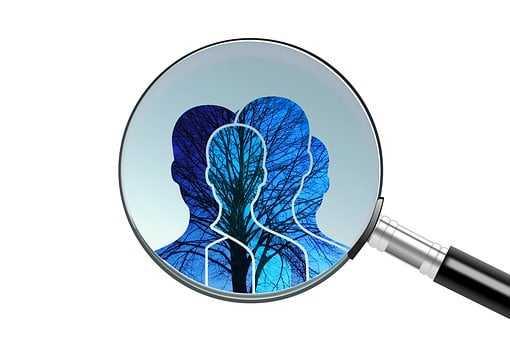Hanlon’s Razor At The Workplace
- We need to deploy mental models at work, which provide us with a framework to expand our understanding and simplify complex matters, helping us make better decisions and handle stress and anxiety .
- Just be aware of the moments of anger or confusion, and reevaluate your assumption of doubting others of any wrongdoing due to the various biases inherent in our minds.
- Though it may seem like a conspiracy if one is denied promotion or worse, is fired, applying the awareness and objectivity of Hanlon’s razor can save us from unnecessary mental agony.
307
679 reads
The idea is part of this collection:
Learn more about problemsolving with this collection
How to write clearly and concisely
How to use proper grammar and punctuation
How to structure a business document
Related collections
Similar ideas to Hanlon’s Razor At The Workplace
Understanding the world through mental models
A few months ago, the world seemed reliable, but now it is changing so fast and has so many unknown dimensions, it can be hard to try and keep up.
Mental models can help us understand the world better, especially during times of confusion. A mental model is simply a representation ...
Read & Learn
20x Faster
without
deepstash
with
deepstash
with
deepstash
Personalized microlearning
—
100+ Learning Journeys
—
Access to 200,000+ ideas
—
Access to the mobile app
—
Unlimited idea saving
—
—
Unlimited history
—
—
Unlimited listening to ideas
—
—
Downloading & offline access
—
—
Supercharge your mind with one idea per day
Enter your email and spend 1 minute every day to learn something new.
I agree to receive email updates
